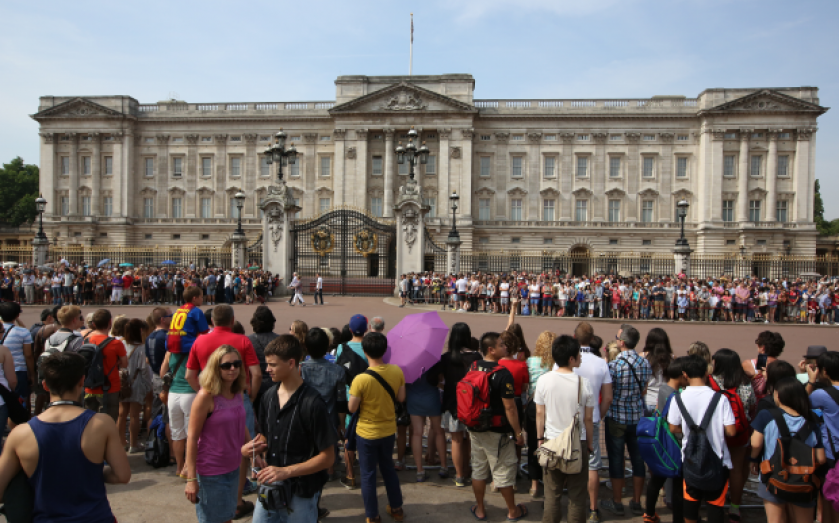The Long View: We greet our new prince and future King as symbol of our hard-fought liberty

THE FUTURE’S Georgian. But some people seem to have confused the nation’s celebrations at the birth of His Royal Highness Prince George of Cambridge with slavish adulation at the feet of royal power. Such claims make for good Twitter polemics, but little historical sense. The British are, after all, blessed with both an ancient monarchy and ancient liberties. The idea that our freedom requires an empty throne is foreign here.
Instead, we invented a peculiarly British compromise: a throne occupied by a limited monarch – circumscribed by Magna Carta in 1215, and steadily reduced to today’s constitutional figurehead. Stripped of power, the crown of England symbolises the wealth and continuity of a land where no one is above the law.
It is sometimes rightly pointed out that the pomp of the British monarchy is a late invention. This is because a free people has only been willing to deck out in splendour a monarchy robbed of influence: the brilliance of the gold coach reflects what it means for those who cheer its passage.
Take the ode written in 1566 by the great Scottish humanist George Buchanan to celebrate the birth of James VI of Scotland (later James I of England). Buchanan was accomplished both as a philosopher and a poet. A decade later he would pen a key treatise on why kings are necessarily subject to the law. To the parents of James VI, his words were warm but his message was clear: raise this prince to empower a nation of individuals, who “serve their lord because they need not serve”.
That long tradition of subjects keeping their monarchs in check continued even at the birth of Prince Charles in 1948. Sir Winston Churchill expressed his congratulations in the House of Commons with a gently warning note, saying: “I have no doubt he will be brought up… in all those traditions of constitutional government which make the British monarchy at once the most ancient and most secure in the world. I hope that among those principles that will be instilled into him will be the truth that the sovereign is never so great as when the people are free.”
The kings and queens of the British rule at their subjects’ pleasure, on the understanding that the crown remains bound by law. It is for us to teach our head of state his place: a duty best expressed by Rudyard Kipling in his poem The Old Issue.
“All we have of freedom, all we use or know–
This our fathers bought for us long and long ago.
Ancient Right unnoticed as the breath we draw–
Leave to live by no man’s leave, underneath the Law…
Till our fathers ’stablished, after bloody years,
How our King is one with us, first among his peers.
So they bought us freedom – not at little cost
Wherefore must we watch the King, lest our gain be lost.”
Though it may confuse those of a republican mindset, on these terms we greet our new prince and future king, the symbol of our liberty, with blessings and celebration, saying with Buchanan, “Grow, with glad omens for thy country born, desired boy.” We are not on our knees, it is the royals who are on their guard. Happy birthday, Prince George. Your people are watching.
Marc Sidwell is managing editor at City A.M.